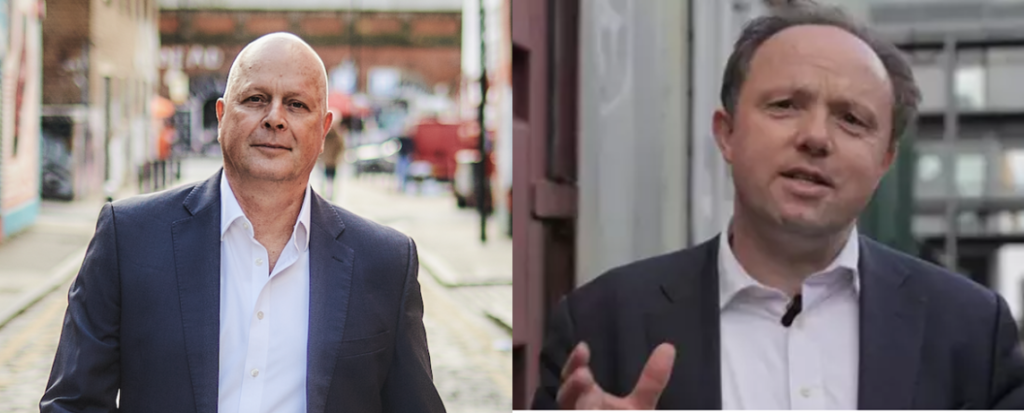A version of this blog originally appeared in Professional Pensions.
A joint blog By Tony Burdon and Nick Robins
With the Glasgow COP26 on the horizon, all eyes are on the UK to lead a green recovery out of the coronavirus crisis. This requires the world’s financial system to join the race to net-zero emissions.
Here in the UK, pension industry leaders have already started to show how the stewarding of our long-term savings can be combined with reallocating capital in order to drive us toward a net-zero future. And we have now reached a crucial tipping point in this transition. Commitments from giants such as Nest and BT – followed by this week’s announcement from Scottish Widows – mean millions more pensions are committed to net zero.
The beginning of 2021 also saw the launch of the world’s first pension that is net-zero now – not later – from workplace fintech Cushon. With the Biden administration joining the club of net-zero nations, the $226bn (£164bn) New York State Common Retirement Fund committing to net zero by 2040, and major businesses such as Vodafone and Tesco bringing forward their net-zero goals, the writing is on the wall: early action is the way to get ahead of the inevitable shift that will affect every corner of economy.
From when we launched Make My Money Matter, there are now nearly 20 million UK pensions – representing over £340 billion of assets under management – committed to net zero. With more announcements on the horizon, there is an opportunity for all pension providers to do so ahead of COP26 in November – making the UK the global lead on green pensions.

Throughout this journey, we need to avoid greenwashing and ensure all commitments are credible and accountable to members. To tackle both the risks to member savings, and the urgency of the climate crisis, it is critical that all net-zero commitments follow three key principles – speed, standards and society.
First, speed. According to a report from the UK’s Climate Change Committee, net-zero investment needs to be frontloaded and grow fivefold this decade. Serious pledges mean delivering a halving of emissions before 2030, on the path to the 1.5-degree ambition in the Paris Climate Agreement well before 2050. In order to drive that pace, trustees must ensure corporate assets across portfolios have a credible climate transition plan, with annual assessment of company performance, by instructing fund managers to adopt a ‘Say on Climate’ approach.
Second, transparency and standards. Trustees should create five-year targets, communicate plans to members and report annually on progress against their benchmarks. Commitments must also conform to international best practice for consistency and comparability. The Net Zero Asset Owners Alliance protocols, or the Institutional Investors Group on Climate Change, provide clear guidance on pace, stewardship and the inclusion of scope three emissions.
Third, society. Net zero will only be achieved through a just transition, that is equitable and supports jobs and livelihoods, as well as the transition developing countries will need to make. Making sure that net zero is accompanied by a strong focus on the social dimension is crucial to ensure that no-one is left behind. Funds can make this happen through stewardship, asset allocation and working with policymakers as they devise their strategies.
The race to net zero opens all of our eyes to the power of our pensions in creating a healthy world for our retirement, and one in which our children can thrive. But it is just the start, not the end of the process of making our money matter.
As we crawl out of a global pandemic, the task may appear daunting for trustees who must prioritise member benefits above all else. However, if invested in a sustainable manner, UK pension schemes can benefit members through both building the world they retire into, while protecting their returns from climate risks.
Ahead of COP26 this year, we want to see all major providers take the lead of Scottish Widows and other first movers, to close the two trillion green pensions gap that still remains.
Tony Burdon is chief executive at Make My Money Matter and Nick Robins is professor in practice – sustainable finance at the Grantham Research Institute on Climate Change and the Environment at the London School of Economics